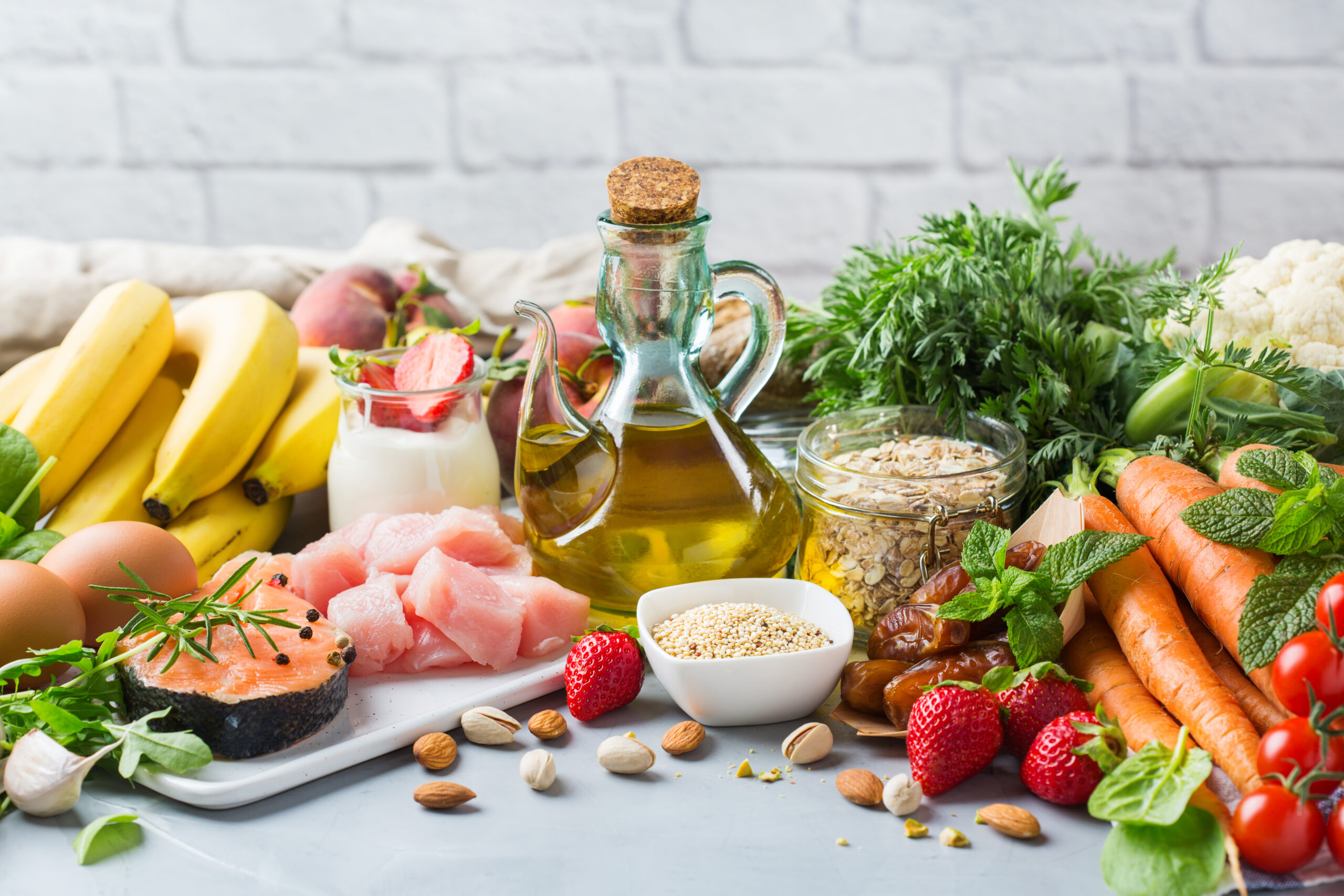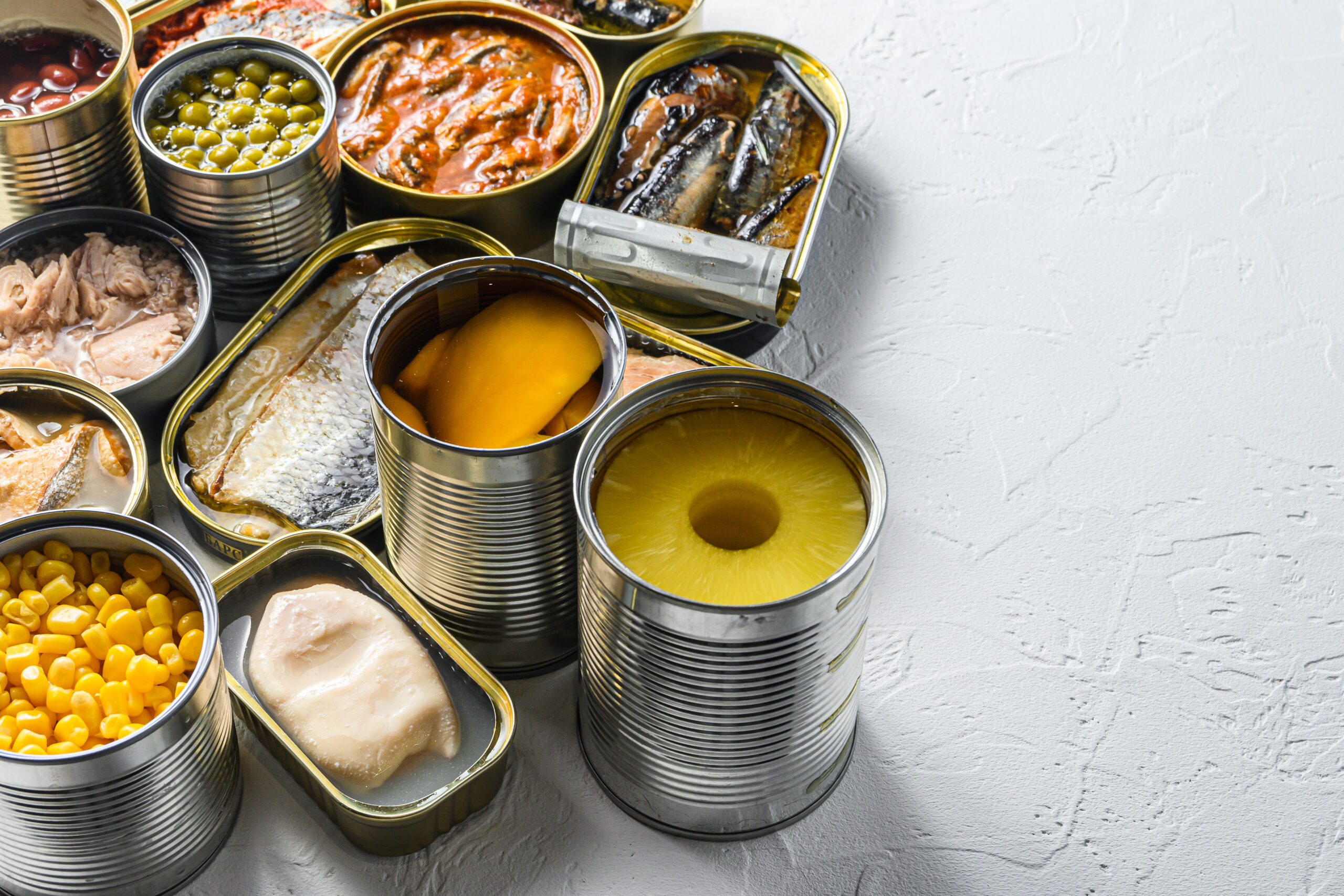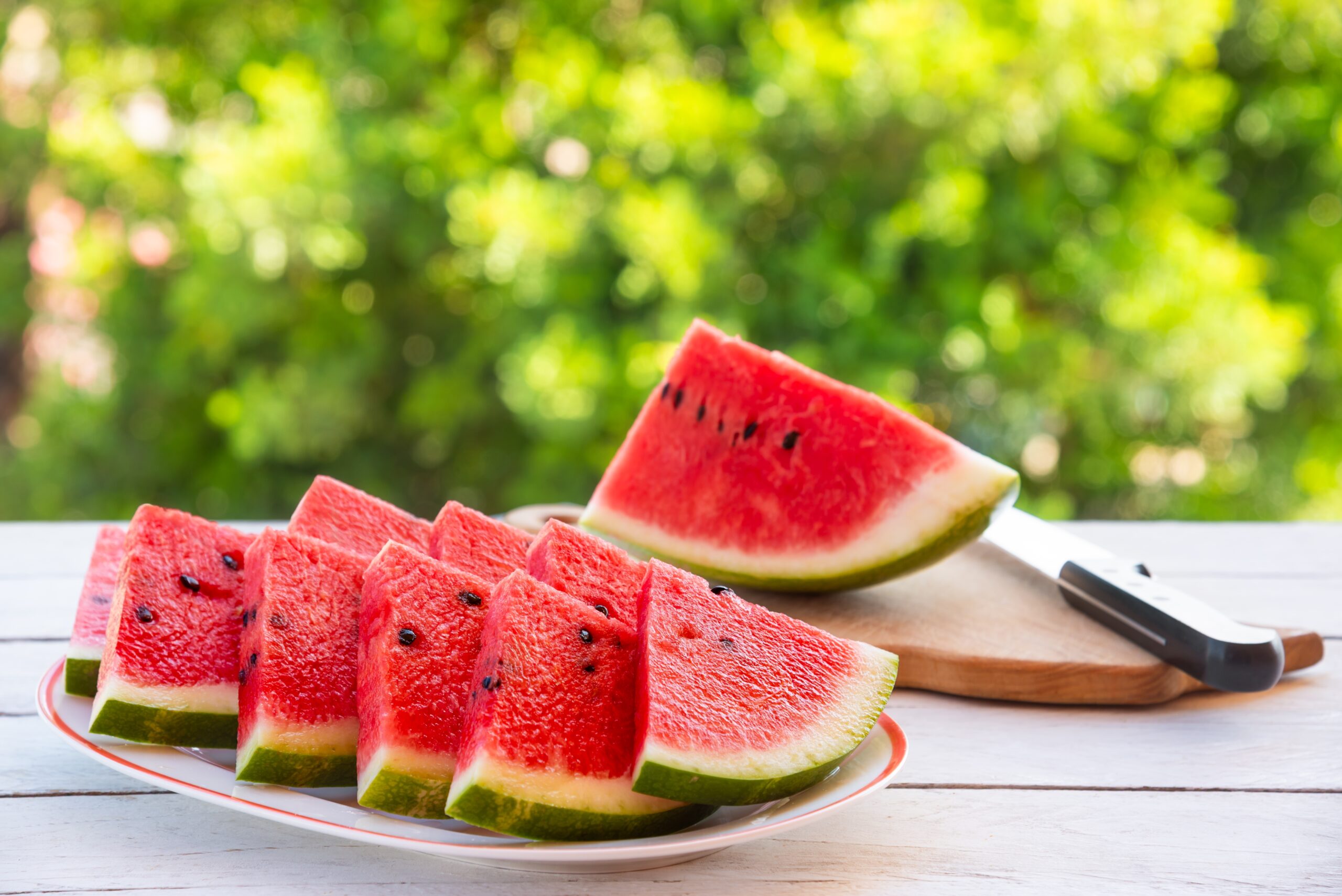One-pan Mediterranean-inspired dinners are revolutionizing home cooking by making healthy, flavorful meals possible in three steps or less—leaving both your waistline and your kitchen spotless.
Story Snapshot
- One-pan and one-pot Mediterranean meals are surging in popularity for their health benefits, simplicity, and minimal cleanup.
- Recipes focus on vegetables, lean proteins, whole grains, and healthy fats, with calorie-conscious options under 575 calories per serving.
- Food media and nutrition experts drive the trend, responding to busy lifestyles and a growing demand for easy, nutritious meals.
- This shift is reshaping home cooking, grocery shopping, and the way Americans approach healthy eating.
How Mediterranean Simplicity Became an American Obsession
Home cooks in North America and Europe are embracing a new kind of dinner: the one-pan, Mediterranean-inspired meal. These dishes, built around vegetables, lean proteins, and olive oil, offer a solution for those who want healthy, satisfying food without the mess and hassle of traditional cooking. The Mediterranean diet, once the territory of health-conscious elites, now finds itself at the heart of mainstream kitchens, thanks to a culinary movement that prizes convenience as much as flavor.
The roots of this trend stretch back to the early 2000s, when research began trumpeting the Mediterranean diet’s role in preventing heart disease and promoting longevity. As scientific validation grew, so did the appetite for meals that were both nutritious and practical. By the 2010s, meal-prep culture exploded, and Americans found themselves searching for ways to eat better without sacrificing precious time. Enter the sheet pan, the skillet, and the casserole dish—vehicles for a new era of home-cooked dinners that promised both health and simplicity.
The Culinary Shift: Three Steps to Dinner, No Compromise
Modern Mediterranean-inspired recipes stand out for their brevity and balance. Imagine tossing chickpeas, bell peppers, and lean chicken with a drizzle of olive oil, seasoning with fresh herbs, and roasting everything on a single sheet pan. In about 30 minutes, dinner is served, and cleanup is a breeze. These meals routinely clock in under 575 calories per serving, making them attractive for anyone watching their diet or simply seeking guilt-free seconds. The three-steps-or-less format isn’t just a marketing hook; it’s a response to the time famine facing today’s families.
Media brands like EatingWell and Delish have doubled down on this formula, publishing sprawling collections of one-pan Mediterranean recipes. Social media, too, is awash with “what I eat in a day” videos showcasing the effortless appeal of these dishes. Nutritionists and dietitians, once relegated to the footnotes of food stories, now take center stage, validating these recipes as balanced and sustainable options for busy people. The message is clear: you don’t need a culinary degree—or an hour of prep—to eat like you live on the Amalfi Coast.
Who’s Steering the Mediterranean Meal Revolution?
Decision-makers in editorial offices, chefs, and dietitians are shaping what America eats. Food media outlets see an opportunity to engage readers with practical, on-trend content. Influential chefs and recipe developers respond by crafting dishes that pack maximum nutrition and flavor into minimal steps. Nutritionists lend credibility, ensuring recipes meet the standards of balanced eating. Meanwhile, consumers—especially working families—drive the trend with their wallets and clicks, seeking meals that are fast, healthy, and cleanup-friendly.
The relationship is symbiotic. As food publishers and social media influencers introduce new Mediterranean-inspired one-pan recipes, home cooks respond with enthusiasm, saving and sharing recipes in droves. The kitchenware industry is not left out; sales of sheet pans and durable skillets rise alongside the trend, and grocery stores see increased demand for Mediterranean staples like chickpeas, fresh herbs, and feta cheese.
From Fad to Fixture: Lasting Impacts on Health and Culture
The embrace of one-pan Mediterranean dinners marks more than a passing fad. In the short term, households report cooking at home more often, eating more vegetables, and spending less time on cleanup. Over time, experts anticipate broader benefits: a sustained shift toward healthier diets, reduced reliance on processed foods, and a positive impact on public health. For many, these meals foster stronger family ties by making shared dinners both feasible and enjoyable, even on the busiest weekdays.
Not all experts agree on every detail. Some caution that the health benefits hinge on careful ingredient choices—after all, not every one-pan meal is inherently healthy. Others debate the importance of honoring Mediterranean culinary traditions versus adapting recipes for Western convenience. Still, the consensus among nutritionists and food editors is strong: these meals make healthy eating more accessible, democratizing the Mediterranean diet for the masses.
Sources:
Dietetic Directions – One Pan & One Pot Meals








